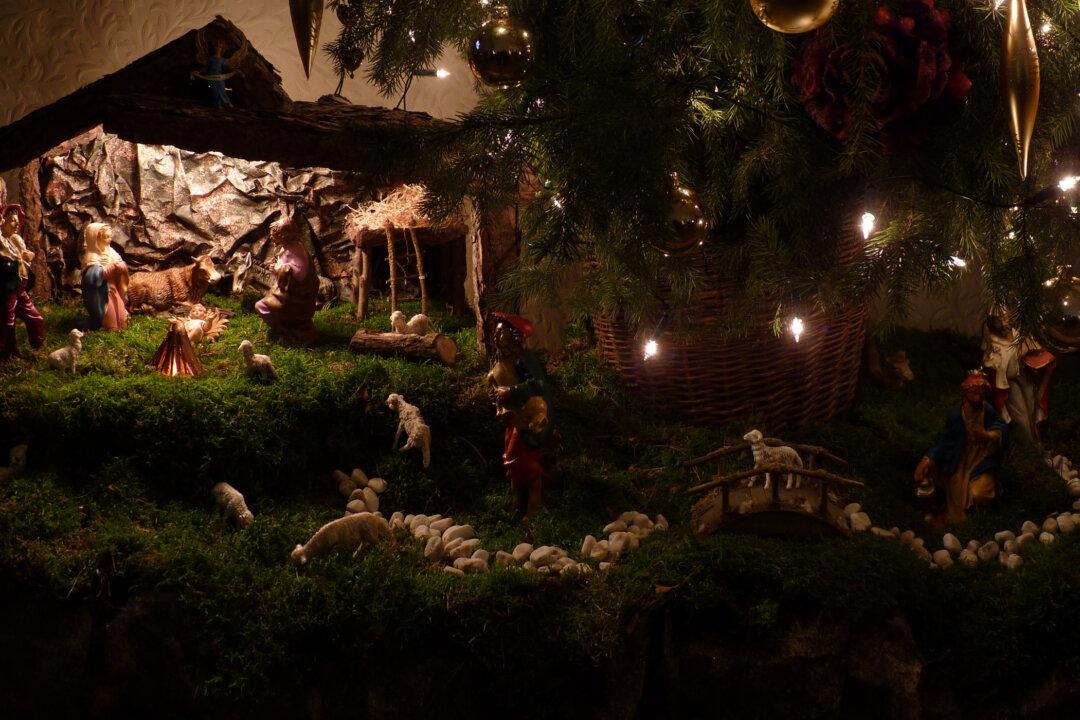The jolly season is with us. Those of a nonreligious disposition will probably go “bah humbug,” note that Christ wasn’t really born on Christmas Day, and that this is all one great fantasy; or perhaps, and more hopefully, shrug their shoulders and enjoy the festivities as much as anyone else might. Why, then, exactly, does Christmas matter, as in, really matter?
Certainly, “Christmas” seems to have been celebrated long before Christianity. The Roman god Saturn had his celebrations on the 25th of December. And the fact that the date preceded Christ does not invalidate it as our Christmas Day, for that would be to fall prey to a dreadful literalism that would mean we were not reading it properly.






